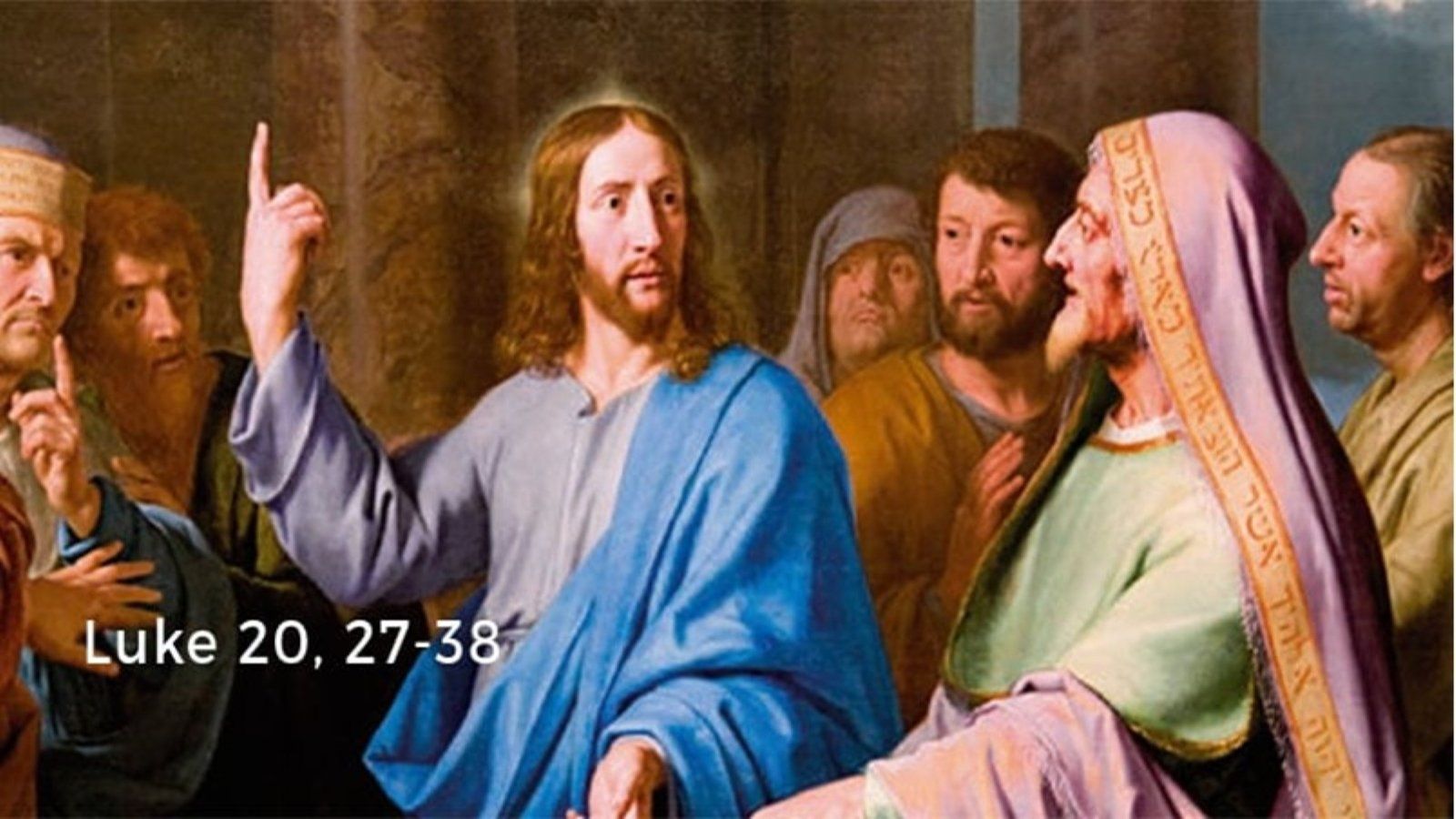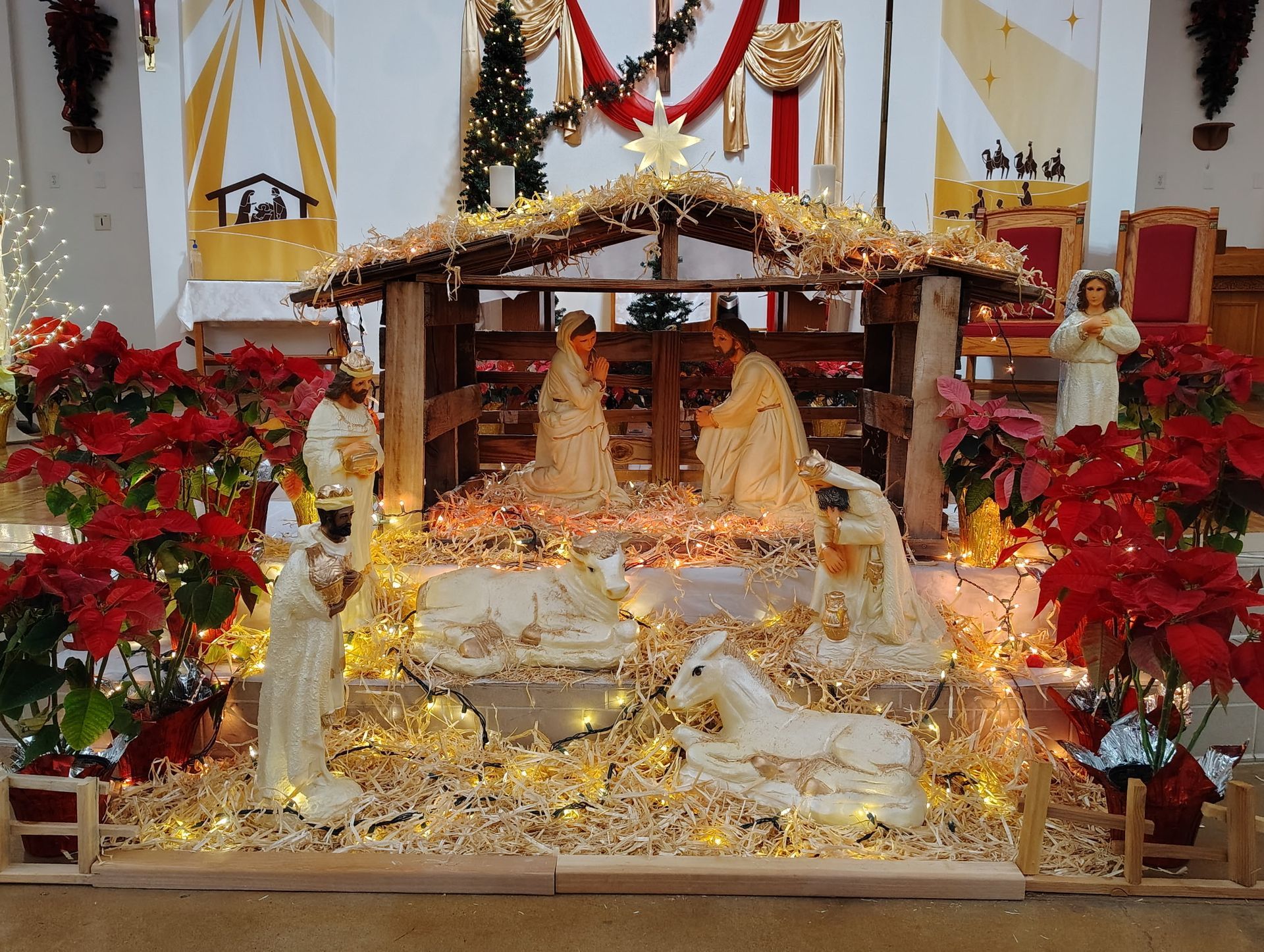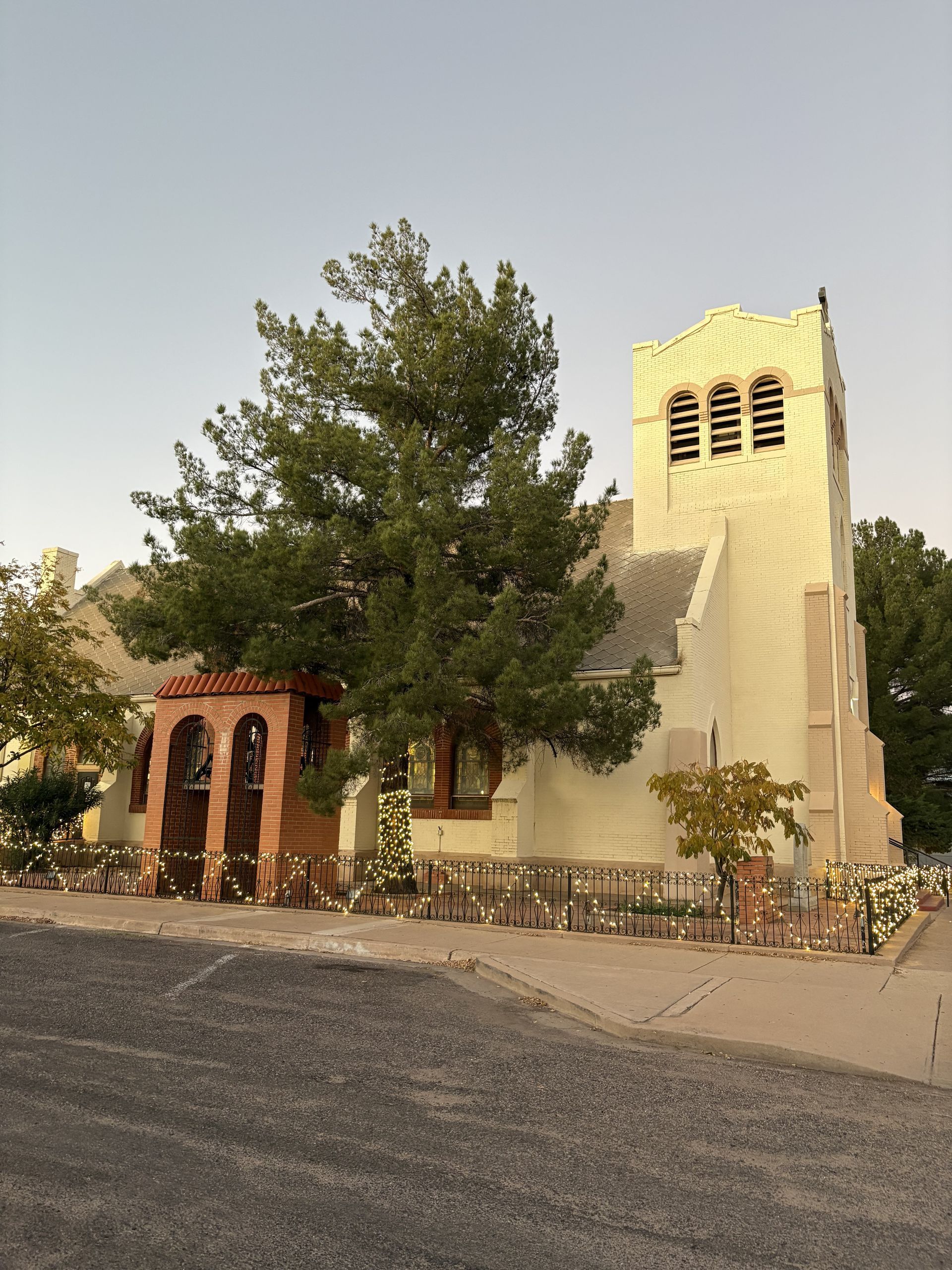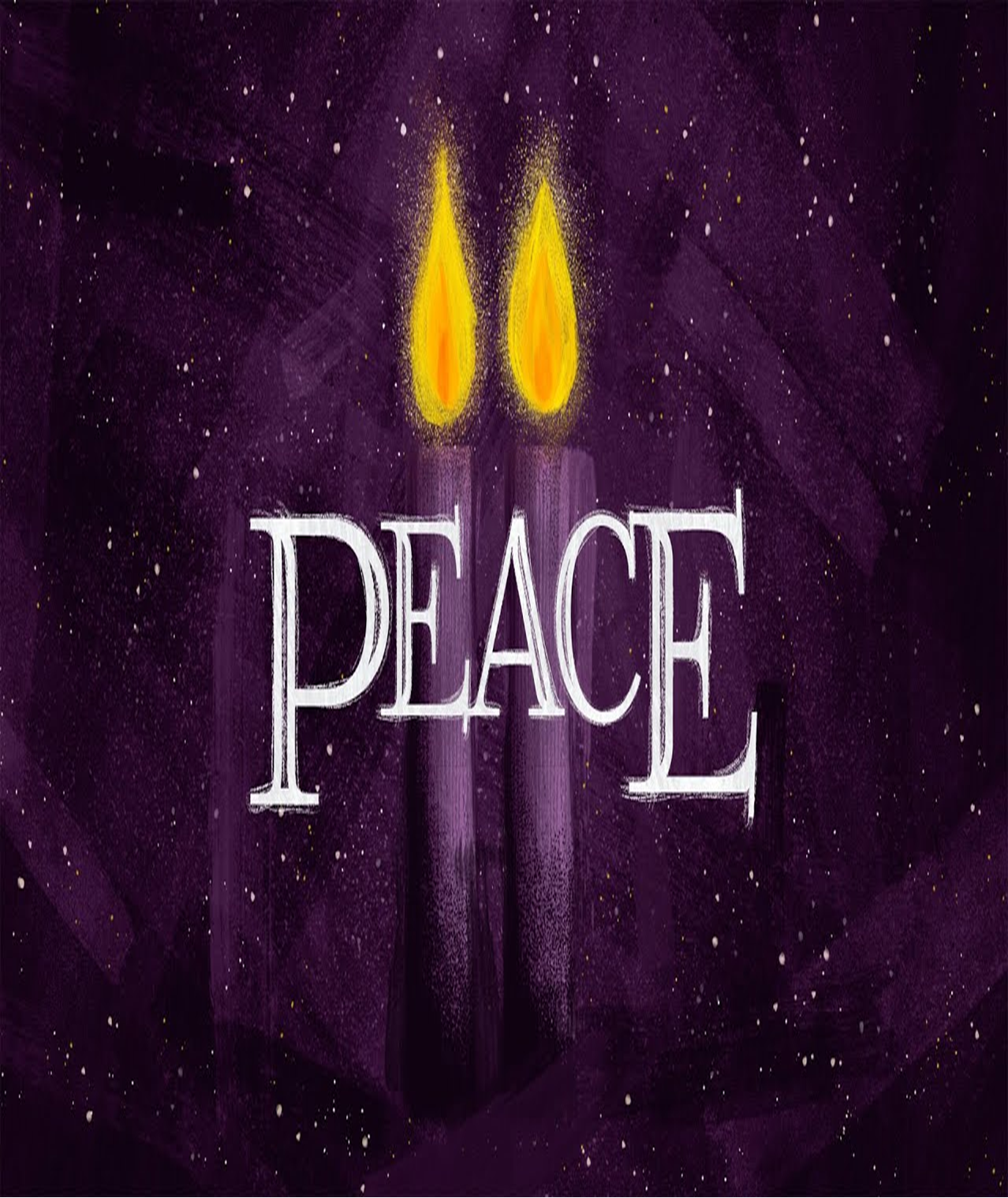They are like angels for they are the children of God...

As we embrace the frigid temperature and welcome November as a month of communion between heaven and earth, mortals, and the immortals, the physical and the spiritual, the end of the liturgical year is around the corner (three weeks), we begin to ponder on the Last Things (Eschatology). I don’t blame you if you have never heard about this fancy term. We don’t pay much attention to it as we are heavily preoccupied with the present time though believe it or not, we are heading in that direction. When Jesus mentioned the phrase, Kingdom (Reign) of God and his intent on bringing us all there, he meant, the Eschaton. What happens after the soul separates the body? What happens to us after we die? Is death the end of it all? Or is there any glimpse of life beyond the painful and terrifying reality of death? Death of a loved one and close friend is a devastation. Death, afterlife, eternity and what happens thereafter is the most troublesome and fascinating thing in the world.
Where does the soul exactly go and travel? When the soul separates from the body, the (immortal) state of the soul continues its journey to the next life with God. Immediately after passing on to eternal life, all of us will have to face Particular Judgment based on our journey of life (from beginning to end). This kind of judgement is not the same as in the case of juridical (legal) process where the rule of law is the sole basis of judgement. Particular (individual) Judgement rather, is about the quality of our religious and spiritual journey of life and not so much on sin, punishment, and condemnation. Immediately upon death, in our encounter with the Triune God, we will be judged according to our interior renewal. As St. John of the Cross said, we will be judged on how much we loved or on our level of charity. After the individual judgement, the soul journeys to purgatory. Between death and resurrection, there is an extended period of time called intermediate state, the in-between. Also, this is not the same as final judgment which is reserved at the end of times on the second coming known as Parousia.
The first reading takes us to the second book of Maccabees 7 which presents the Maccabean martyrs giving us a preview of the afterlife. When he was near death, he said, "It is my choice to die at the hands of men with the hope God gives of being raised up by him; but for you, there will be no resurrection to life" (2 Macc. 7: 14). This is the Old Testament passage that provides a profound belief in the Resurrection of the dead which has been widespread. The Sadducees, a sect that didn’t believe in the resurrection brought up the story in the first reading as a test case and carried on to the gospel pericope. "Teacher, Moses wrote for us, If someone's brother dies leaving a wife but no child, his brother must take the wife and raise up descendants for his brother” (Luke 20: 28). Now at the resurrection whose wife will that woman be? Jesus responded, "The children of this age marry and remarry; but those who are deemed worthy to attain to the coming age and to the resurrection of the dead neither marry nor are given in marriage”. In the coming age, there is no marriage anymore as in the wedding vows, until death do us part. It’s a totally different scenario. In the next life, “They can no longer die, for they are like angels; and they are the children of God because they are the ones who will rise”. Jesus tells us that we will be like angels, spiritual, disembodied, and immortal beings. This passage rebuts the notion of reincarnation taught by other religions that after death, the deceased would assume a different identity as creature. This is irreconcilable with the foundational belief of Christianity, resurrection of the dead. Those in eternal life will be in full and complete communion with God. They are like children of God – children of the resurrection. He also added and clarified that Moses actually taught the resurrection of the dead, “That the dead will rise even Moses made known in the passage about the bush, when he called out 'Lord, 'the God of Abraham, the God of Isaac, and the God of Jacob; and he is not God of the dead, but of the living, for to him all are alive." Moses revealed that the dead are raised in the story of the Patriarchs – Abraham, Isaac, and Jacob. He is not God of the dead but of the living. God is infinitely rich in life. God brings and gives life. This means a higher level or form of existence where it is a complete and perfect communion with God such in the expression, basking in the beatific vision. There is no more pain and/or suffering, only joy and rejoicing in the company of our God surrounded by angels and saints in heaven. Amen.



